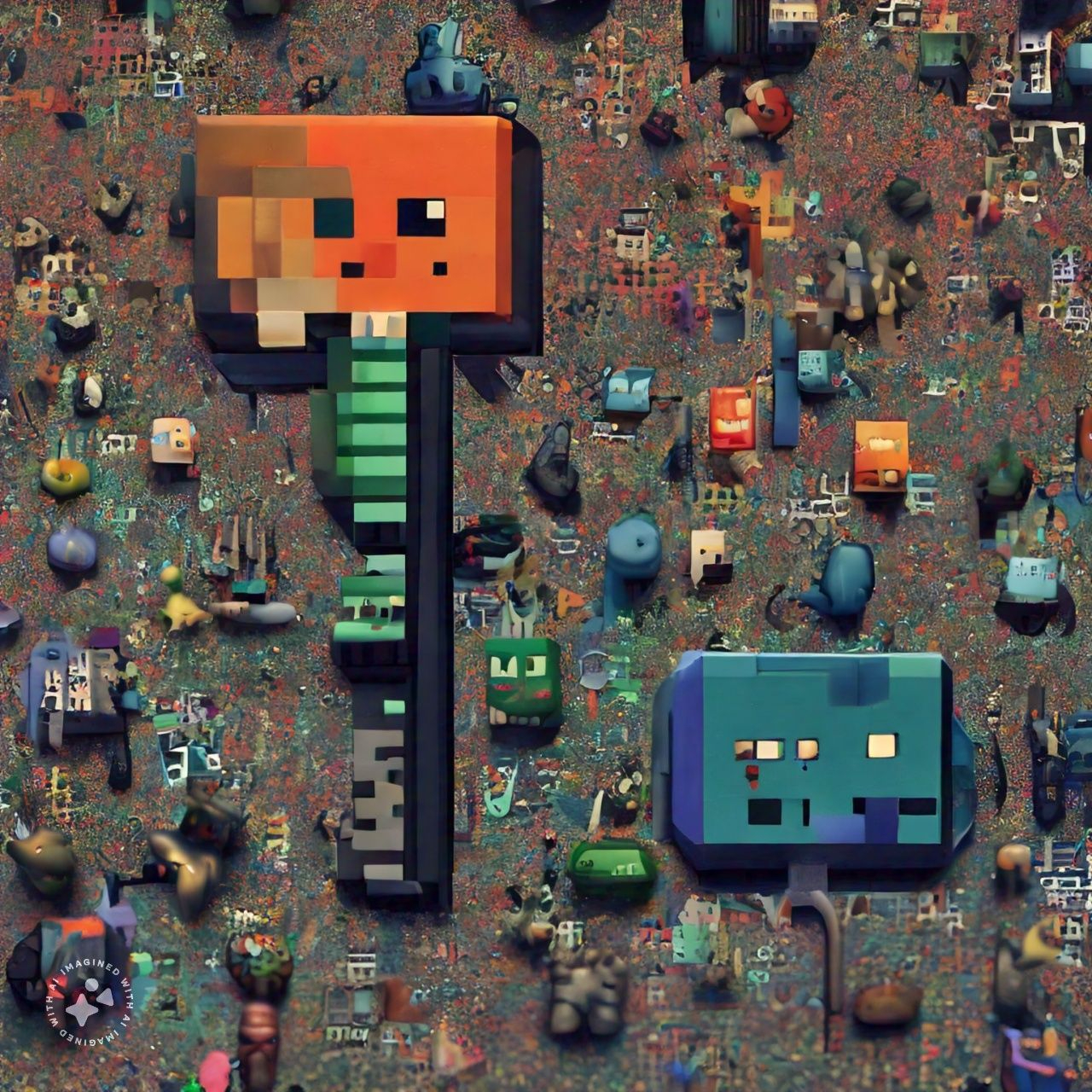135 reads
Deep Geometrized Cartoon Line Inbetweening: Abstract and Introduction
by
July 24th, 2024
Audio Presented by

It produces the same result when performed multiple times. It produces the same result when performed multiple times.
Story's Credibility

About Author
It produces the same result when performed multiple times. It produces the same result when performed multiple times.
